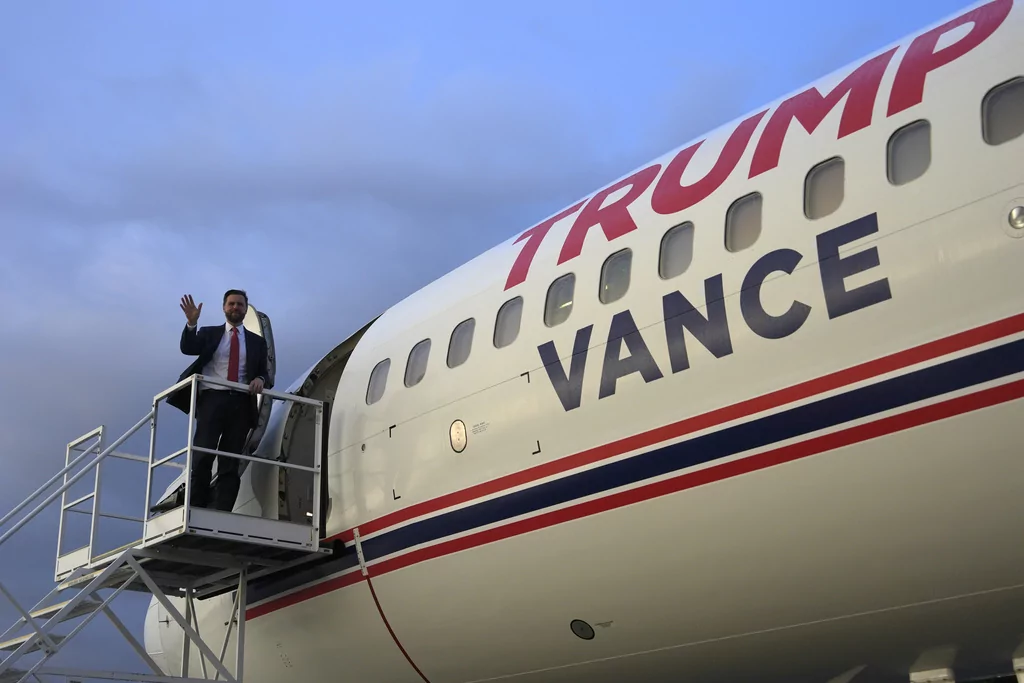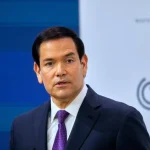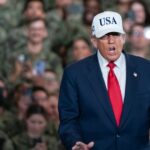
Republican vice presidential nominee Sen. J.D. Vance (R-OH) has been heralded as a sort of intellectual progenitor of “Trumpism” as a political philosophy. The Ohio senator’s career has evolved from his bestselling memoir and excursions in venture capital to becoming former President Donald Trump’s running mate on the 2024 GOP ticket.
But for all of their similarities in worldview, Vance has expressed some stark disagreements with the economic positions of his billionaire boss. The former president’s closest allies know that Vance’s blue-collar upbringing and intensely personal populist persuasion at times come in conflict with Trump’s unparalleled economic priority of American prosperity. But Trumpworld, the GOP, and Trump himself have made clear that where he and the millennial wunderkind disagree, the top of the ticket wins.

The economic agendas of Trump and Vance still broadly overlap, with fiscal policies fueled by protectionist instincts: a justified distrust of open trade with China and disdain for institutional elites like universities and oligopolistic big business that have used government favors to enhance their market power at the expense of consumers. Like nearly all Republicans, Trump and Vance abhor President Joe Biden’s green energy handouts and regulation of domestic fossil fuel and mineral extraction and production. The two have championed universal tariffs as a means of bringing manufacturing jobs back home and specific tariff negotiations as tools of diplomacy. Trump and Vance have flirted with befriending nominally private sector unions as well as cryptocurrencies, and both broadly support the standard Republican preference for deregulation and limited taxation of the middle class while rejecting the historic GOP orthodoxy on reforming entitlements within a decade of reaching insolvency.
Yet at certain junctures, Vance’s populism and Trump’s pro-growth priorities crucially diverge.
For example, whereas Trump lowered the top marginal corporate tax rate from 35% to the European average of 21% with the 2017 Tax Cuts and Jobs Act, Vance has signaled past opposition to further lowering the corporate tax rate. And in some cases, Vance has vastly extended beyond Trump’s past policies. Whereas the TCJA imposed a 1.4% on gains incurred by select and expansive university endowments, Vance has proposed imposing 35% tax rates on private secular university endowments.
But no divergence is more foundational to the philosophies of Trump and his running mate than the role and the value of the U.S. dollar.
For years now, Vance has been skeptical of the greenback’s status as the world’s reserve currency. While questioning Federal Reserve Chairman Jerome Powell, Vance gave us a glimpse at this heterodoxy.
“There’s a lot of coal in central Appalachia that enables a certain amount of consumption. Obviously consumption is good; people need food and medicine and other things,” Vance said. “There’s also a pretty good argument that for a host of reasons, it causes malinvestment in the region and consequently, you have lower productivity growth, lower innovation, and an economy that is much less diversified and much less dynamic. I am wondering when I hear about the history, what I think about and read about the history of Appalachia and the resource curse, I am struck by the idea that you can make a similar argument about the reserve currency status of the United States dollar.”
Vance has grown more vocal over the past year, recently admitting his willingness to devalue the dollar.
“‘Devaluing’ of course is a scary word, but what it really means is American exports become cheaper, and that’s important,” Vance told Politico. “If you want to employ a lot of people in manufacturing, you need to make it easier for us to export and not just import what we need.”
CLICK HERE TO READ MORE FROM THE WASHINGTON EXAMINER
In this schism, just as with Trump’s decision to double down on plans to further slash the corporate tax rate to 15%, all signs point toward Trump’s preference winning out over Vance’s. The brevity of the new RNC platform, as well as Trump’s reported veto power over the document, means that every point made is intentional and a salient priority of Trump’s. The platform enumerates just 20 promises, one of which explains that Trump will “KEEP THE U.S. DOLLAR AS THE WORLD’S RESERVE CURRENCY.”
While Trump has blasted other countries for committing currency manipulation and echoed Vance’s opposition to our vast trade deficit, a trade deficit, itself a value-neutral proposition, is a small price to pay for the global privilege of the greenback’s reserve status. The high value of the dollar has been crucial in slowing inflation from its worst crisis in 40 years, and the power of the dollar is the only remaining resource allowing our government to borrow some $2 trillion in deficit spending for (relatively) cheap.






